Alina Khawaja is a Canadian Pakistani author. Seeing that she’s a graduate from the University of Toronto with a BA in English, history and creative writing, and from Toronto Metropolitan University with an MA in Literatures of Modernity, it’s been clear from day one that the only thing Alina could be is a storyteller. Alina lives in Ontario, Canada, where she spends the summer at theme parks and the winter cozying up inside with a ridiculously expensive coffee. When she’s not writing, she’s either reading or trying to keep up with her endless list of K-dramas. Her debut novel was Maya’s Laws of Love.
Every time someone tweets “Romances don’t need to have a happily ever after,” an angel loses its wings. Seriously. Of all genres, why does Romance have to be the one people pick apart? “They’re too simple these days.” “There’s too much spice, not enough plot.” “I’m tired of X trope.” All of this equates to what they’re suggesting but not saying: Romance is accepted as the community’s punching bag.
Except it shouldn’t be; people have just cultivated a warped perception of the genre. If I may so boldly suggest, the reason Romance gets so much flak is because it’s misunderstood. Yes, the genre about miscommunication, having sex in questionable places, and characters who growl when they climax is misunderstood. And the most misunderstood element of a Romance novel is this: they don’t need happily ever afters.
Removing a HEA from a Romance is the equivalent to removing suspense from horror, or speculative elements from a fantasy. But no one is going around saying Stephen King needs to pull back on the scaries in his book. No one is saying George R.R. Martin needs to remove the dragons from his book. Yet for some reason, it is the Romance genre that is asked to alter one of its most fundamental aspects of itself. Why?
I think there are a few reasons:
1. Romance is the closest genre fiction will come to real life.
When we think about it, romance is something that is most relatable in novels because there is a chance it could happen in real life. It’s unlikely your new home will be haunted by the spirit of a vengeful ghost (though the chances are never zero) or one day we’ll purchase wands that emit magic, but a romantic connection with someone is very possible. It’s because of this possibility that people want it to be treated like it would be in real life, and not the often-sugary way it’s portrayed. In real life, your partner can die of a disease. In real life, you and your partner can date for years before ultimately realizing you’re not right for each other. In real life, people leave without any explanation. So, people want to see real life scenarios associated with real life feelings. There is a verisimilitude you experience more with Romance.
But the Romance genre has never claimed to be serious. Can you tell me, in real life, how many people you know have fake-dated someone? Who has been someone’s academic rival for years, only to realize at graduation you actually love them? How many people are falling in love with hockey players? Romance’s strength is its ability to take something completely unserious but make you root for it so earnestly that it feels real.
For the most part, Romance is supposed to be good fun. And in fiction, it’s the only place where it’s guaranteed to STAY good fun. In real life, your fun ends, so people want to see that reflected on page. But ultimately, Romance is still fiction, and should be treated in the same way as other genre fiction.
2. Romance can be mixed with other genres, and people are bothered by it.
In my opinion, romance is the easiest to make your sub-genre. It’s a convenient way to give the reader something else to root for. I can’t tell you how many books I’ve enjoyed not because the plot was good, but because the romance was fire.
But not everyone thinks like that! A growing number of readers are starting to hunger for stories without a romantic subplot. They don’t care for yet another “dagger to the throat” scene. They’re baffled as to why characters are having sex on the battlefield while their comrade is dying outside their tent. And who has time to care about boy issues when an evil entity is literally stalking you through your sewer system?
It’s why they’re tired of happily ever afters. They want something gritty and dark. They want the enemy to stay an enemy. They want the protagonist’s lover to be shot just when they thought they were safe. And while that’s fair, asking one of your genres (even if it’s just a subgenre) to remove one of its biggest conventions as an alternative is unfair, because you wouldn’t ask any of the other main genres to sacrifice one of their fundamentals. It’d also be the worst thing to remove, because rooting for love can keep you going. I can’t tell you anything about The Infernal Devices series because I read them so long ago, but I can pull up Tessa and Will’s first kiss on demand. Do I remember much of what happened in The Folk of the Air Series? No, but you can bet I’ve got “I trusted you. I trust you, Jude” looping on repeat in my brain. With a dense series like The Legendborn Cycle, can I remember every single plot? Absolutely not, but I have “you are my king now, cariad” seared onto my soul. Because when I lacked a connection with the plot at times or I forgot details, I latched on to the emotion between characters, which became just as important to me as the plot because of how much I cared about them. And as a writer, you know you’ve done your job when people declare they’re sending you their therapy bills.
3. Romance is a genre primarily enjoyed by women, so its deconstruction is rooted in wanting to take away women’s fun.
Though anyone can enjoy romance, it’s hard to deny it’s a genre primarily loved by women. For the most part (though this is changing with the rise of mlm romance novels) the protagonists are women. Women who aren’t afraid to go after what they want. Say goodbye to blushing, inexperienced, timid women from the days of old. Female protagonists these days own their sexualities, vocalize their desires, and expect more than just the bare minimum to satisfy their own pleasure. That can be liberating for a female audience who may not be able to do the same in their own lives.
And ultimately, women just love to read about bust-tearing, kilt-wearing, and long-hair-flowing men. They love reading men who will do the most for a woman he’s down bad for, knowing these days, it’s highly likely those types of actions will remain in the pages of a book. Or they just love to read about love. For whatever reason, we’ve been taught that that’s embarrassing. It’s a guilty pleasure. It’s scandalous. But you know what that is? It’s taking away a woman’s fun. It’s denying them the opportunity to seek their own pleasure. I love opening a romance knowing it’s going to make me laugh, swoon, and maybe even tear up. I find comfort in knowing exactly how it’s going to end: happily. When I’m in a sour mood, in the need for a boost, or just need the reminder love is real damn it, I turn to Romance because I know the happily ever after will tell me that it’s alright.
I can say all this, because as a romance author, I almost didn’t give my characters a happily ever after. When I came up with the concept for my new novel Writing Mr. Right, I was convinced it wasn’t going to be a happy ending. The protagonist would achieve her personal growth with the help of her love interest, but that didn’t mean they had to be together. And it was a plan I was going to stick to…until I started writing and realized these characters deserved their happy ending. I wanted them to have that because as a writer, you care about what happens to your characters, and I figured they both did the work they needed to in order to end up happy. I’m too much of a romantic to leave things sad. Romances typically wrap things up in a neat bow, and I knew I wouldn’t have been satisfied with my ending if I hadn’t done that. And now, after publication, I can confidently say I made the right choice. Plus, I got to keep the excellent final line I conceived of when I came up with the original ending, so I still won.
In this day and age of grown men in their thirties “still figuring out their dating goals,” toxic situationships, and dating apps that every day, start to feel like creations by Satan himself, the people need hope. No, they crave it. They crave a reason to keep going, to keep believing, to know that whatever they’re going through won’t last forever. Romances offer that hope. They can get through bad times, love exists, and it’s out there for them. That type of hope can only be found between the pages of a Romance, and at the end of the story, when they read the words “and they lived happily ever after” they know that one day, they will, too.
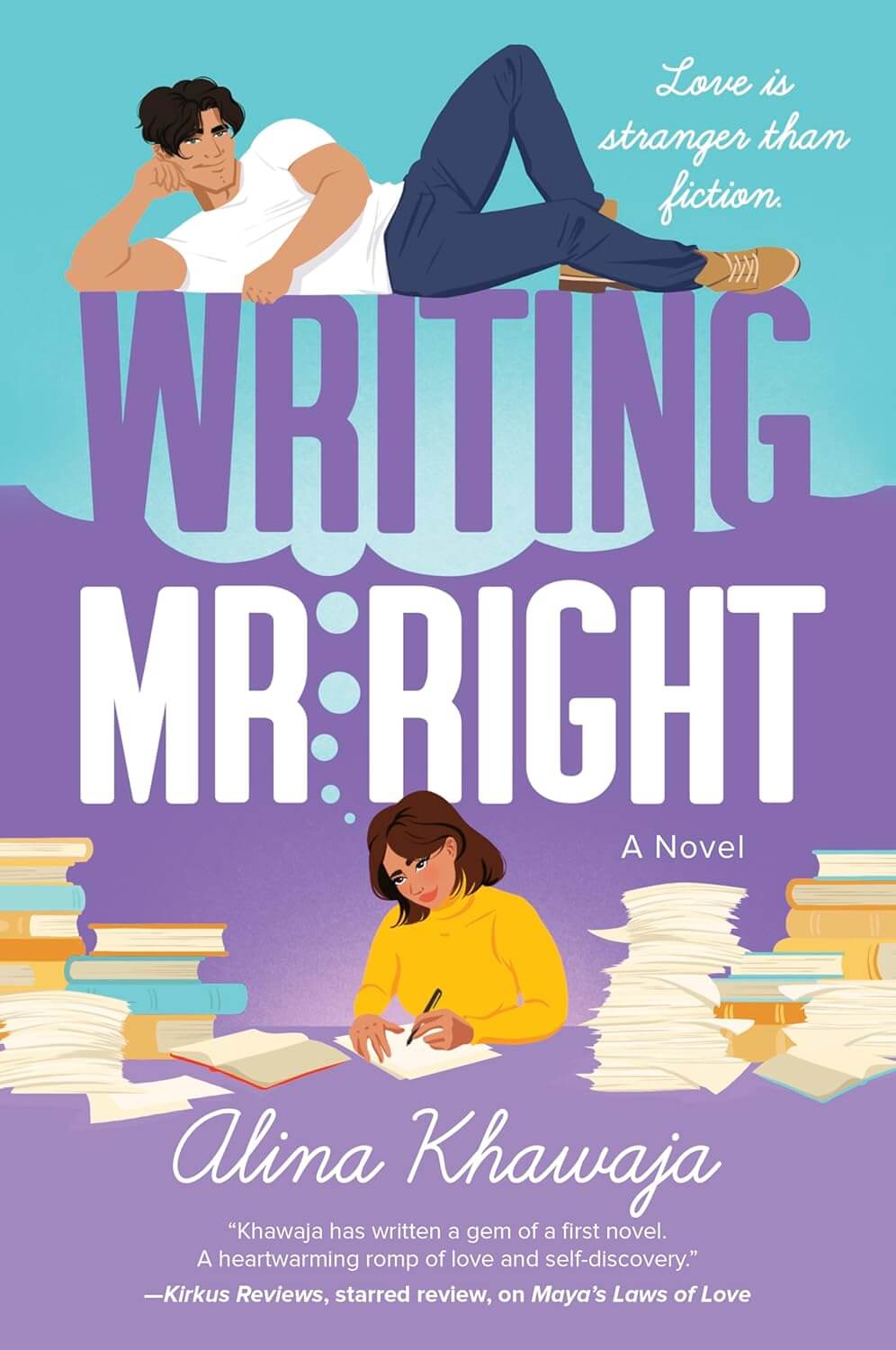
Writing Mr. Right by Alina Khawaja
Ziya has been quietly writing novels hoping to break free of her nine-to-five, but after receiving another rejection letter on her thirtieth birthday, she throws her manuscript away. Much to her shock, her muse, Aashiq, shows up in her home, there to inspire her to get back to writing. As he works to reawaken her passion, something else begins brewing between them.
Buy the book now: Bookshop.org | Amazon | Barnes & Noble


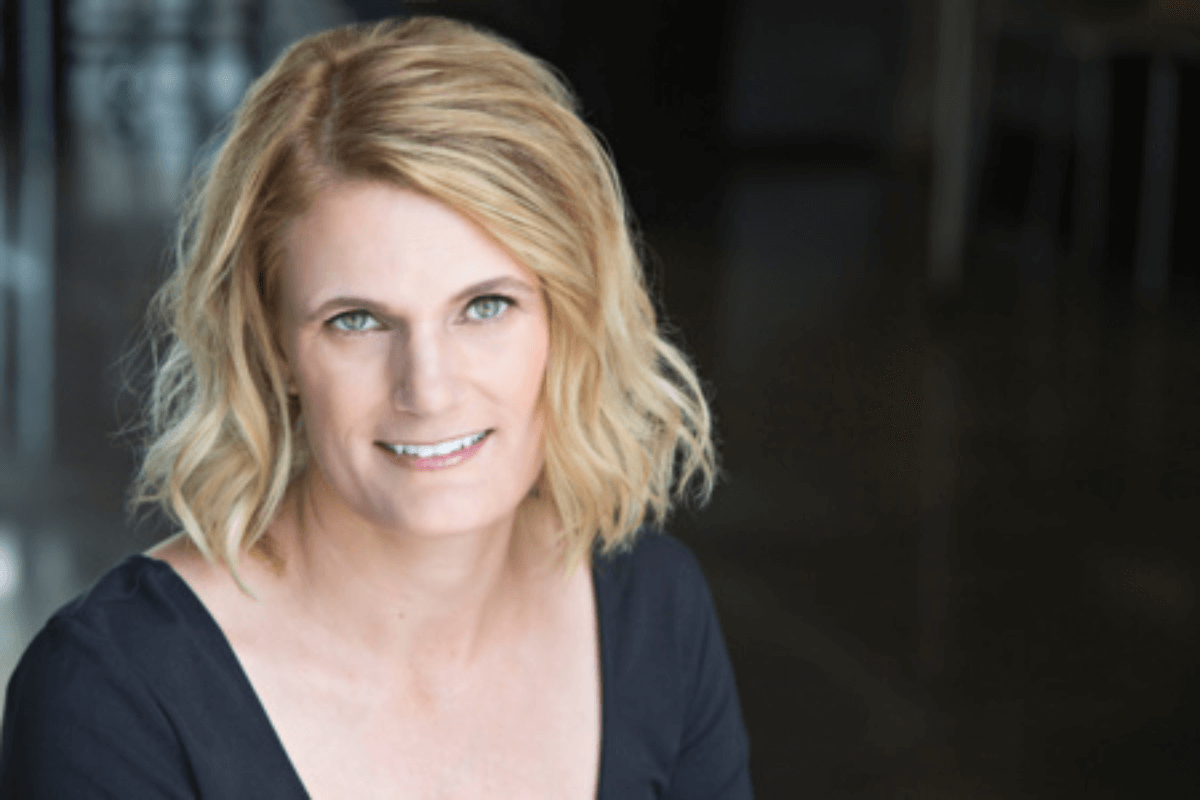
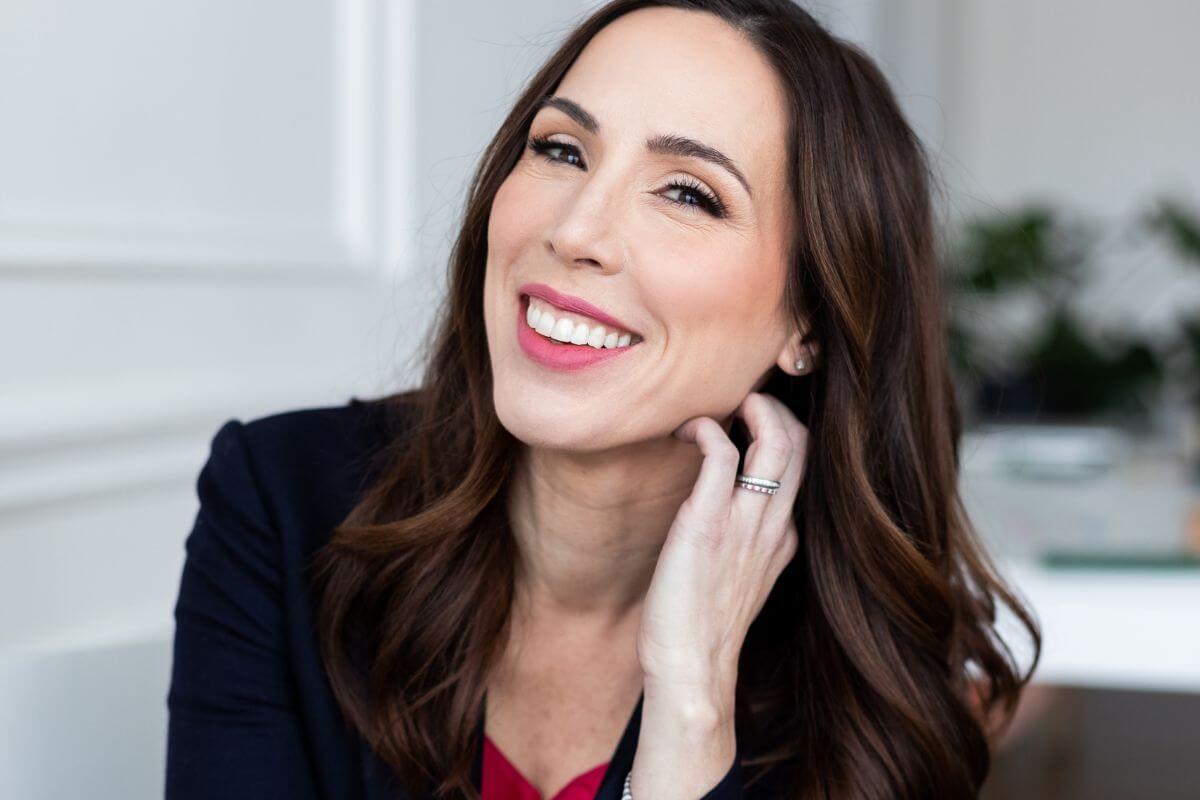
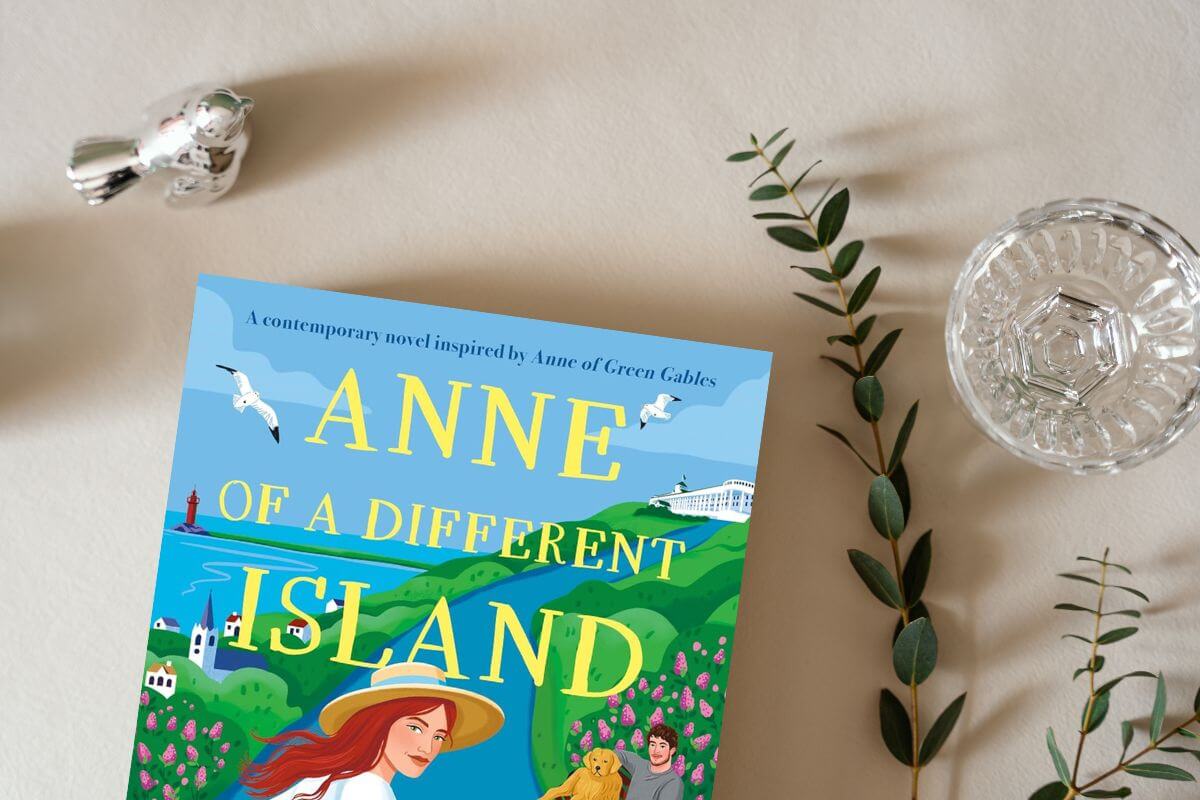

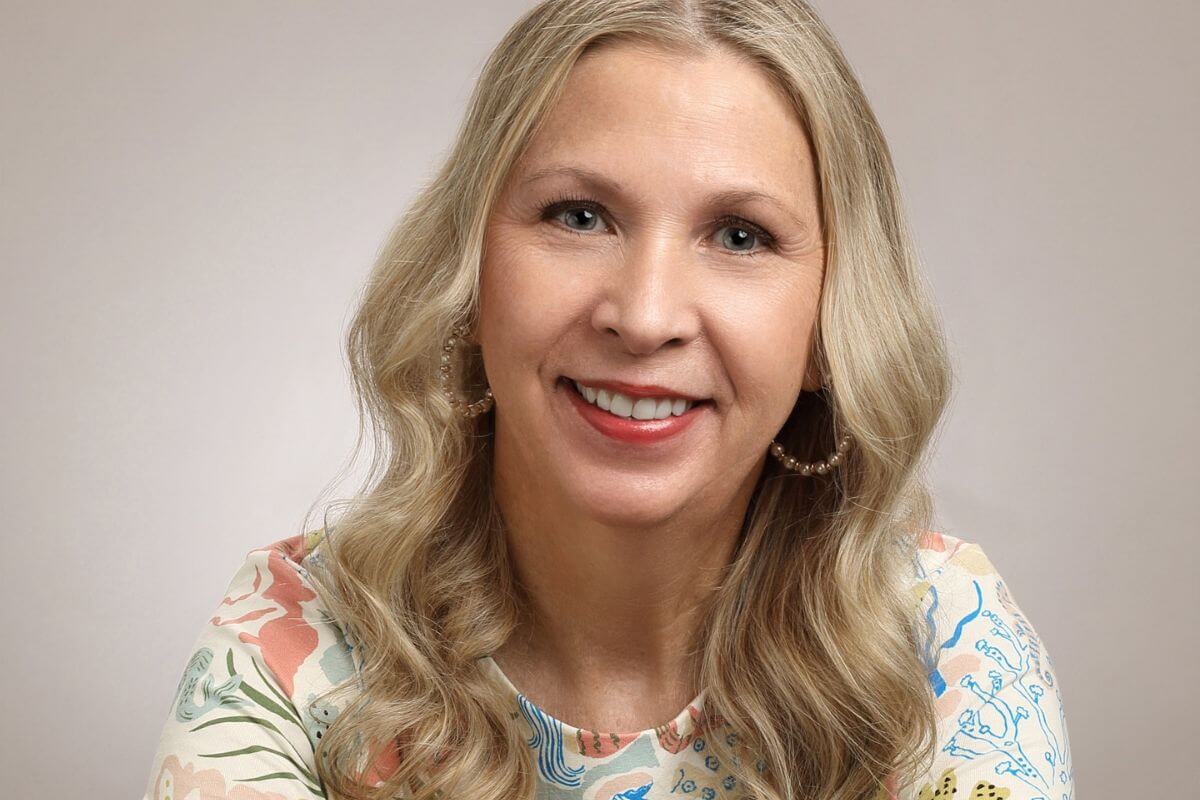
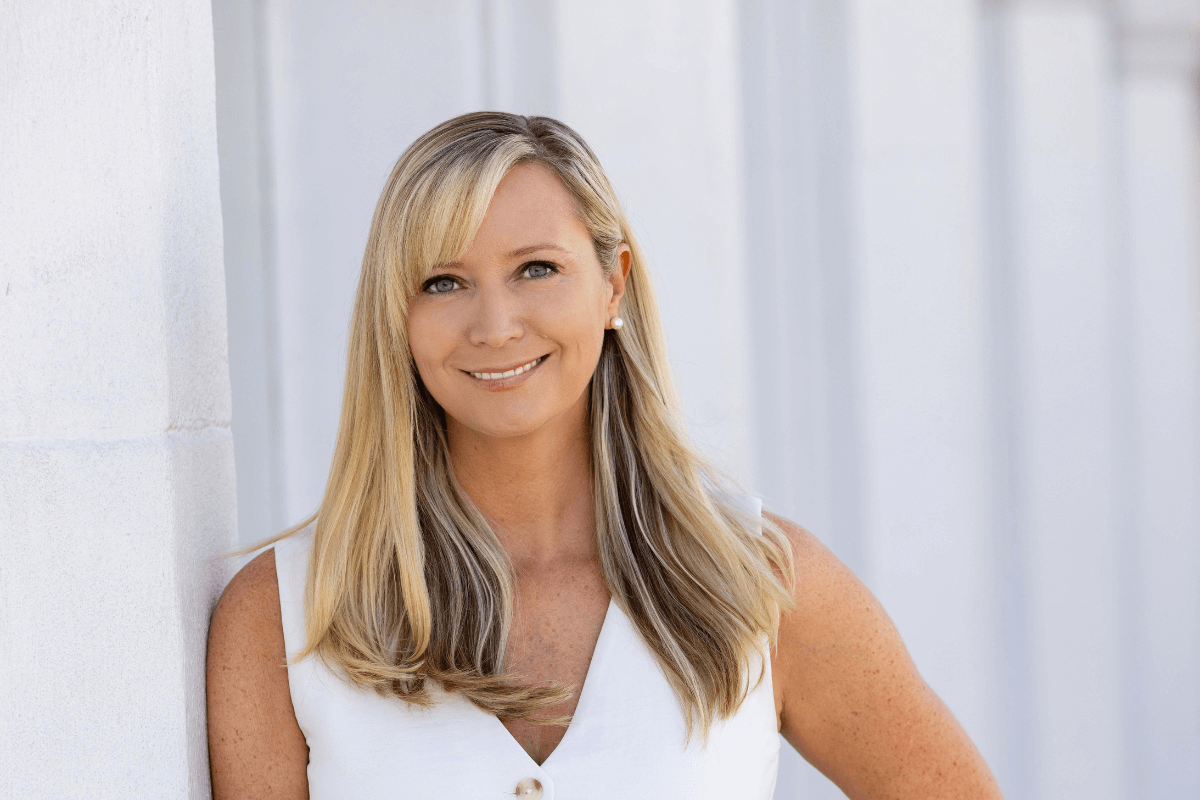
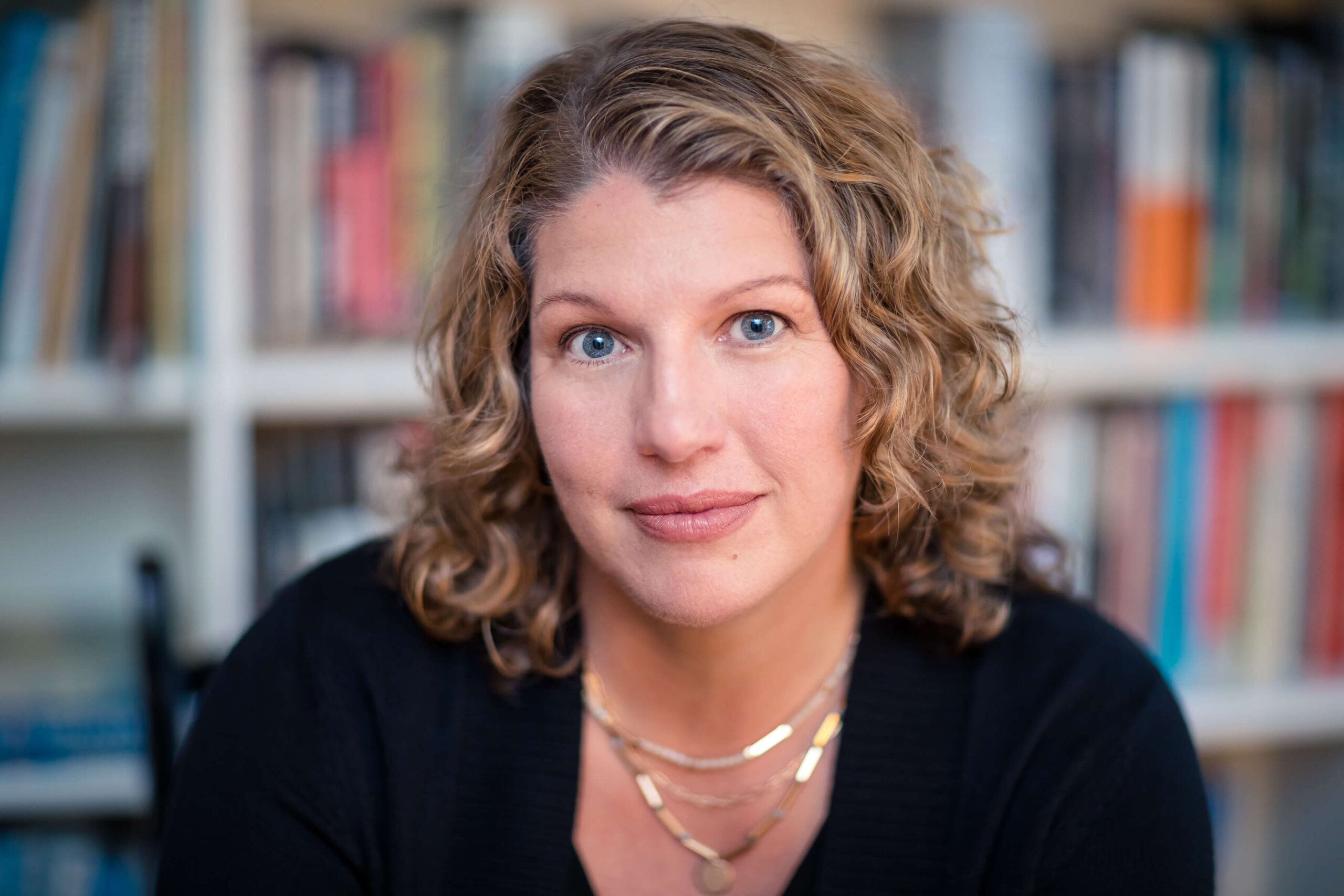
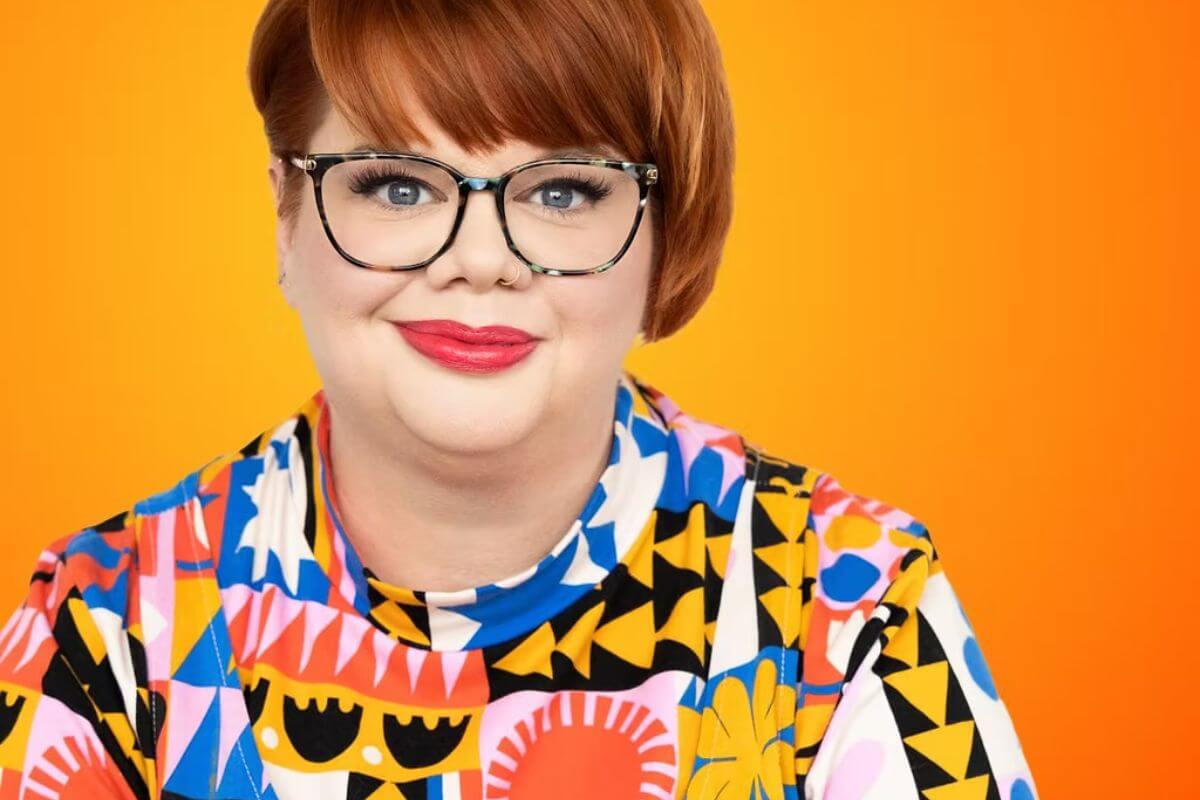
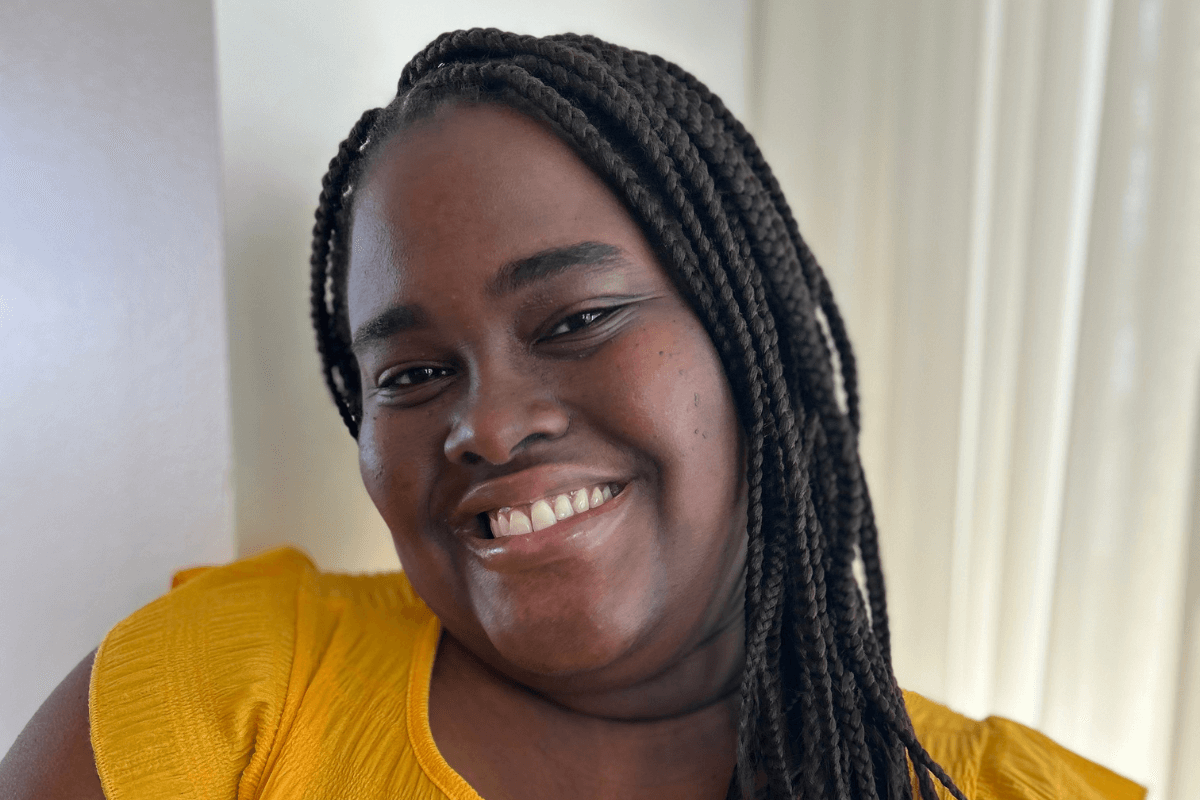


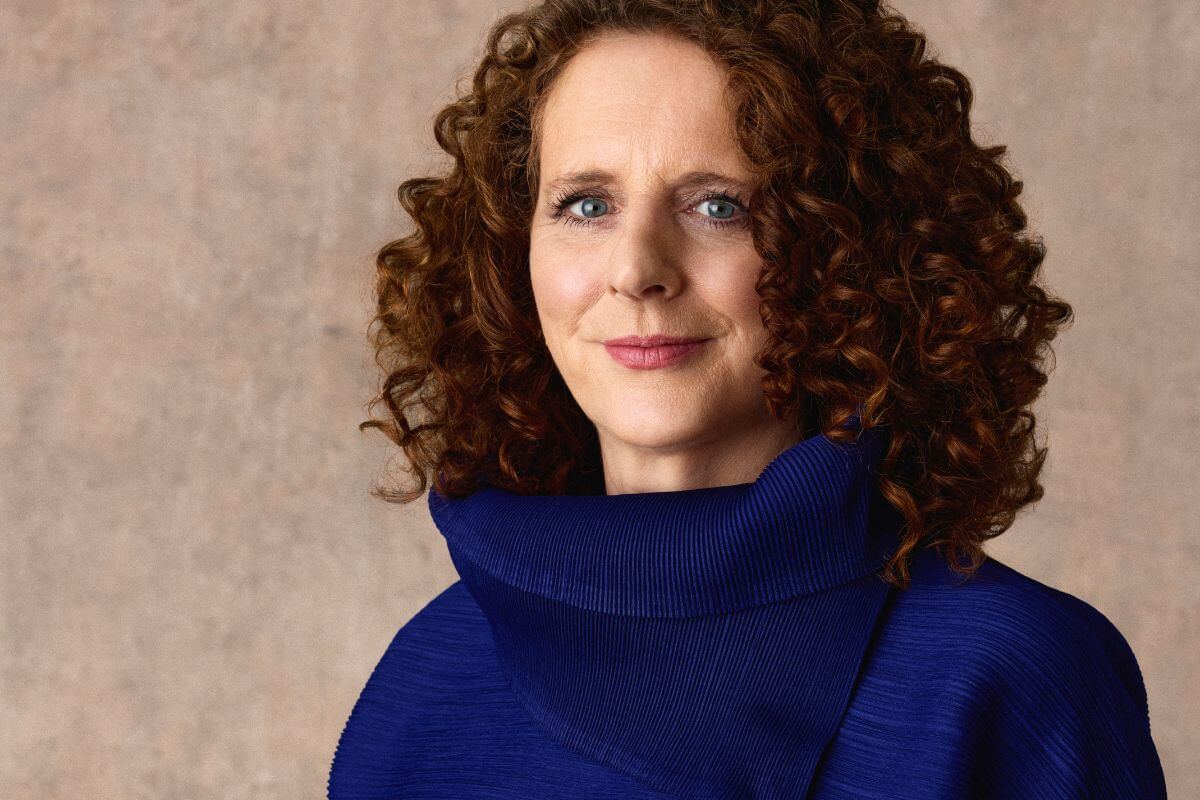
Leave A Comment